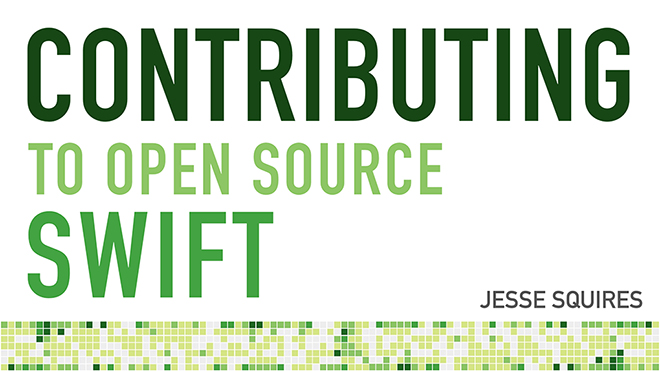Earlier this month I had the incredible opportunity to speak at the try! Swift conference in Tokyo, Japan. 🇯🇵 It was such a fun and rewarding experience. A video of the talk is now online over at Realm’s blog, where it is synced with my slides. If you have not already seen it, go check it out!
Live translation
One of the most interesting aspects of the conference was that there was live translation between English and Japanese. Most talks were in given in English, but there were at least a couple of talks given in Japanese each day — even some non-native speakers presented in Japanese! 😎 The speakers met with the translation team multiple times to review our slide decks before presenting to ensure top quality. Then attendees were given receivers with earphones, and the translators sat in the back in a cubicle listening and translating. We also had Q&A sessions with speakers and attendees where the translators helped bridge the language barrier. It was awesome. 🎉
Because of this, you will notice that I’m speaking somewhat slowly during the presentation and pausing often. And so for me personally, it feels a bit awkward when I watch this. Nonetheless, I think the talk was really well received. If you have any feedback, I would love to hear it. Let me know! 😄
Also, one part of preparing for the live translation was providing a rough transcript before the conference. You can find all of my talk materials on GitHub. And as always, Realm’s transcript of the talk is excellent. 🙌
Thoughts
I hope that the idea of contributing to open source Swift is more approachable and less overwhelming after you watch this presentation, and I hope you leave feeling inspired to contribute — even something small.
You do not need to be a compiler expert to have an impact on Swift or any of the various projects, but I think having a high-level understanding of how the Swift compiler works can help situate you within the project and help to define your area of contribution. No matter your what your skill set or experience level are, there is something you can do to make Swift better!
Apple and IBM are massively invested in Swift — it’s the beginning of the next generation of development on Apple platforms, and maybe others. So what will Swift be like in 10 years? We can decide! In fact, we already are. So many community-driven proposals have already been accepted. These first few years are the defining moments of Swift — it’s not just about the compiler, but how we write code, best practices, and the kind of community that we build. Let’s make it awesome.
Abstract
Do you want to contribute to Swift? Not sure how or where to begin? It can be overwhelming! In this talk we’ll explore the different parts of Swift, see how the various Swift projects are related, discuss the skills you need to get started, and learn the best ways to get your first fix accepted.

View slides on Speaker Deck